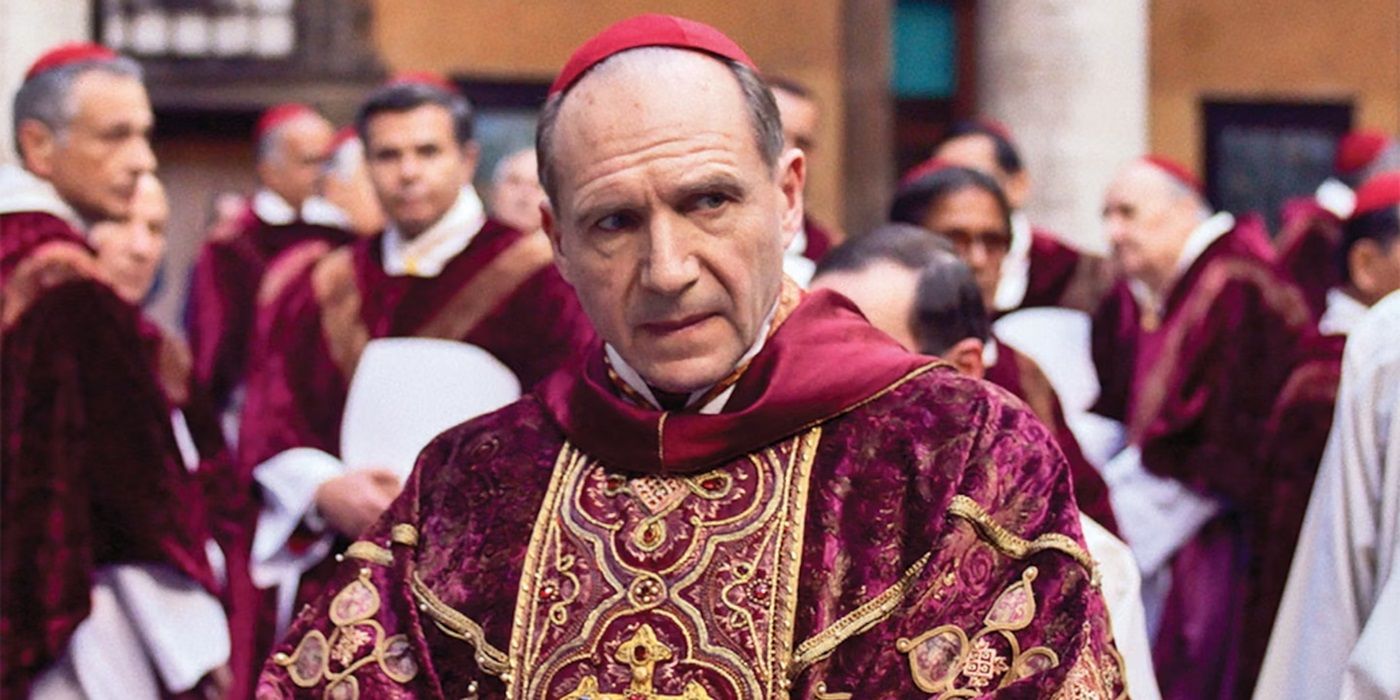Cryptocurrency companies, eager to reach new audiences and push further into the mainstream, are quickly becoming some of the biggest advertisers and sponsors in sports.
From Crypto.com’s record 20-year, $700 million deal for the naming rights to the Los Angeles arena home to the Lakers, Kings and Sparks currently known as the Staples Center, to Coinbase signing a wide-ranging deal with the NBA, to Tom Brady, a self-described “big believer” in crypto, taking a stake in FTX, the deals have been both wide-ranging and coming fast.
The National Women’s Soccer League is the latest sports property to step into crypto, signing a multi-year deal that is described as one of the most significant partnerships the league has ever done with crypto platform Voyager Digital.
Helping crypto reach new audiences
For Voyager, whose other sports deals include sponsorships with the Mark Cuban-owned Dallas Mavericks, Tampa Bay Buccaneer tight end Rob Gronkowski and NASCAR driver Landon Cassill, the deal with the NWSL is an opportunity to reach a new audience.
“We see this as an opportunity to really engage with the NWSL player, fan and that community in a way that nobody has before,” Voyager CEO Steve Ehrlich said. “What’s really intriguing to me is engaging with women’s sports, and that’s a very important aspect for us because it’s a market that we believe is ripe for education and an opportunity to give these women a stronger foothold on their financial future through crypto.”
Twice as many men as women invest in cryptocurrency, according to CNBC and Acorn’s Invest in You: Next Gen Investor survey.
A “significant portion” of the investment that Voyager is making in the NWSL as part of the deal will fund individual crypto accounts for rostered players, providing them an equal portion of a player’s fund accessible via the Voyager app, Ehrlich said, declining to provide specific financial details. Players will also receive financial education on crypto from Voyager.
“Voyager’s investment in the league is especially innovative because we’ve collectively designed the partnership to include direct financial resources for every one of our players, as well as education on the revolutionary changes underway in digital assets,” NWSL interim CEO Marla Messing said in a statement.
Crypto finds a footing in sports
Sports leagues have quickly embraced crypto as many look to drum up revenue to stem pandemic-driven losses, creating a sponsorship category that rarely existed less than a year ago.
Crypto.com signed a $175 million deal with Endeavor-owned UFC that sees its logo appear on the apparel worn by athletes during competition, which followed a $100 million sponsorship deal it signed with Formula 1, owned by Liberty Media.
Major League Baseball signed a multi-year deal with FTX in June, then the first partnership between a league and a crypto exchange, putting a FTX.US patch on umpire uniforms. FTX also acquired the naming rights to the Miami Heat’s arena in a 19-year deal valued at $135 million.
Individual teams and athletes have struck deals as well, ranging from the NBA’s Portland Trail Blazers with StormX and MLS’s Inter Miami CF with XBTO, to Golden State Warriors guard Stephen Curry with FTX and top NFL draft pick Trevor Lawrence with Blockfolio.
Crypto deals have gone well beyond traditional stick-and-ball sports as well, with the Drone Racing League signing a $100 million deal with crypto platform Algorand and esports team Fnatic partnering with Crypto.com.
“Our research shows that there is a lot of crossover between an interest in crypto and sports fans,” said Ehrlich. “I think that’s why more and more companies are jumping into this arena and doing some of these bigger deals.”
Sports fans are about twice as likely as non-sports fans to say they are familiar with cryptocurrencies, according to polling from Morning Consult, and 24% of respondents that said there were sports fans owned crypto.
Still, some sports properties have been hesitant. The NFL, historically cautious about opening up new sponsorship categories, restricted its teams this season from selling sponsorships with cryptocurrency trading firms. The New York Giants have one of the lone deals with a company in the space, signing a partnership with crypto asset manager Grayscale.
FC Barcelona and Manchester City, two of the biggest soccer clubs in the world, have been forced to cancel crypto-related sponsorship deals after questions were raised regarding the validity of the companies.
Kevin Kane, senior manager of client strategy at sports market research company Navigate, said that while there is some risk for sports properties in signing deals with firms in this quickly moving space, the rate at which crypto is growing means this is likely only the beginning for major crypto-related sponsorship deals.
“You look at the number of people in the world investing in crypto — last year it doubled to 100 million, now it’s estimated to be more than 220 million, and a lot of people expect it to double again next year,” Kane said. “When the base customer is growing at that rapid of a trajectory, there is going to be a lot of capital and marketing for brands that want to make sure they are top of mind even before you know that you want to invest in crypto.”






